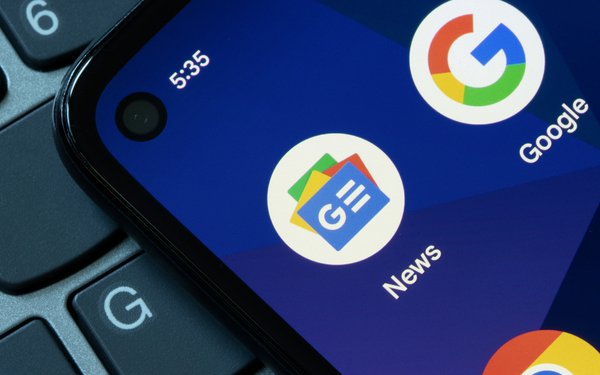by Laurie Sullivan @lauriesullivan
Source: www.mediapost.com, August 2024
Google will now pay into a California fund for publishers and journalism in exchange for serving up content in the News section of its Search platform, a controversial deal that will see funding for newsrooms and an AI initiative.
The plan is a commitment of nearly $250 million during the next five years. One-fourth of the money will come from state taxpayers and three-fourths will come from Google and possibly private donors.
The public-private partnership between Google and California is intended to fund programs to research artificial intelligence (AI) and improve local journalism.
“We appreciate the thoughtful leadership of Governor Newsom, Assemblymember Wicks, Chair Umberg, and Senator Glazer on these issues,” Kent Walker, president of global affairs at Alphabet, Google’s parent company told Media Daily News. “California lawmakers have worked with the tech and news sectors to develop a collaborative framework to accelerate AI innovation and support local and national businesses and non-profit organizations.”
Google has a long-established exchange with the web ecosystem like publishers through Search. It sends billions of clicks to websites daily for free, and has no plans for that to stop. In fact, the company is working to maintain, evolve and ultimately enhance this type of exchange through generative artificial intelligence (GAI).
During the past two decades, Google has seen that by improving search and serving the information needs of users, it can create new opportunities for publishers, creators and businesses. That also supports Google’s vision for GAI in Search.
There are no other additional partnerships today to announce, but that doesn’t mean others are not in the works.
Under the deal, California will pay $30 million during the first year and $10 million in each of the next four years. The money will go into a journalism fund to be established at UC Berkeley School for Journalism.
Google will pay $15 million into the fund and $5 million to the AI accelerator in the first year, and then add $10 million to existing journalism programs. In each of the next four years, Google would pay $10 million into the fund and $10 million into the existing programs, according to The Mercury News.
The money becomes another line item in Google’s quarterly expenses to run the company. The majority of the funding from both will go to newsrooms. East Bay Assembly member Buffy Wicks’ office announced the deal Wednesday, along with California Governor Gavin Newsom.
“Google is a dominant monopoly that reaps significant revenue off scraping and repackaging quality news content, depriving publishers of the opportunity to monetize their content and reinvest in journalists,” said News/Media Alliance President & CEO Danielle Coffey. “Today’s announcement reinforces the need for federal legislation and potential court remedies to address this broken marketplace.”
Wicks’ office stated that this is the first deal in the United States to compensate news publishers for the use of their content online.
The California Journalism Preservation Act (CJPA, AB 886), which would require the Big Tech platforms to pay news publishers and broadcasters for their journalism, last week passed a hurdle through California Senate Appropriations and was headed to the Senate floor.
CJPA was unworkable for Google. For more than a year, Google remained consistent in articulating its concernswith the bill and offered alternative solutions. The company executives felt as if they were transparent with lawmakers, news publishers and users that if enacted CJPA may result in significant changes to the services it could offer Californians and could put support for the California news ecosystem at risk.The agreement was intended to solve these problem of the ailing news industry.
Traditional publishers had backed a bill that digital news outlets initially did not support. The union that represents reporters turned against the negotiated compromise.
The L.A. Times reported the agreement has support from several professional associations that represent publishers and news outlets, but not from the labor union that represents journalists.

